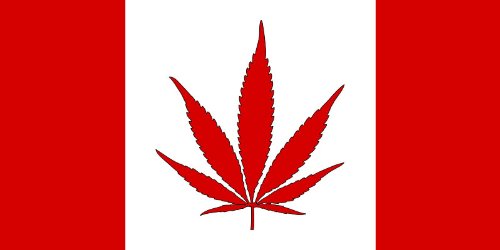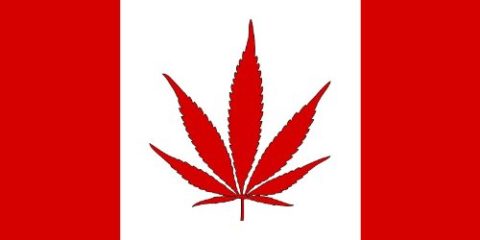Paul Wells nicely lists all the good things the Trudeau government has managed to do during the first two years of its mandate, then gets down to the other side of the balance sheet:
The worse continues to pile up. I see no way the rushed and timid legalization of cannabis will drain the black market and, in hardening more penalties than it relaxes, it seems certain to provide busywork for police who have been asking only to be freed up to tackle more serious problems. (An internal Ontario government memo reaches the same conclusions.)
Since it’s impossible to find anyone in the government who’s conspicuous for saying no to any proposed spending spree, it’s a near dead-lock certainty that Canada will become a nursery for white elephants — and, unless this generation of public administrators is luckier than any previous generation, for corruption, somewhere in the system.
The government’s appointments system is, as one former staffer told me this week, “just a little f–ked,” with backlogs as far as the eye can see. There’s a serious bottleneck for important decisions, with the choke point in the Prime Minister’s Office. Rookie ministers, which is most of them, are held close. Those who don’t perform are sent new staffers from the PMO: career growth comes from the centre, not the bottom.
A cabinet full of political neophytes — and there is nothing Trudeau could have done to avoid that, given how few seats he had before 2015 — has been trained to cling for dear life to talking points. The result is unsettling: most of the cabinet simply ignores any specific question and charges ahead with the day’s message, conveying the unmistakable impression they are not as bright as — given their achievements before politics — they must surely be. Or that they think their audience isn’t. I doubt this is what anyone intends, but by now it’s deeply baked into the learned reflexes of this government.
Then there is this tax mess. I’m agnostic on the policy question: in my own life I’ve been spectacularly unimaginative in organizing my finances for minimal taxation. I put all the book money into RRSPs, called my condo an office for the two years I used it as one, and that was the end of that. But the summer tax adventure has left the Liberals with their hair on fire, for two broad reasons. One is that Bill Morneau’s personal financial arrangements are becoming surreal. The other is the way the project — and especially the life stories of its stewards, Trudeau and Morneau — undermined the Liberals’ claim to be champions of the middle class.
Wells very kindly doesn’t mention the ongoing flustercluck that is our military procurement “system” (which to be fair, the Liberals did inherit from the Harper Conservatives), which has gotten worse rather than better — and only part of that is due to Trudeau’s trumpeted “No F-35s” election pledge. The Royal Canadian Navy seem no closer to getting the new ships they so desperately need (aside from the Project Resolve supply ship, which the government had to be arm-twisted into accepting), and the government hasn’t yet narrowed down the surface combatant requirements enough to select a design.





